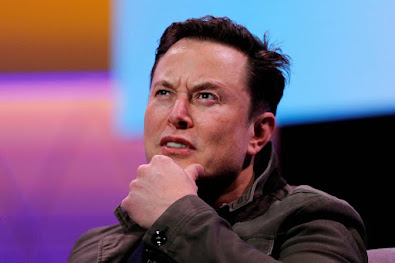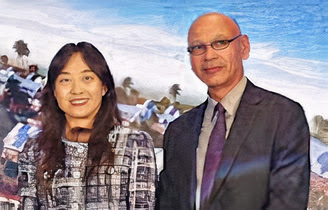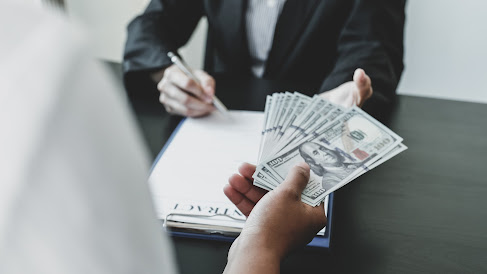The Middle East needs a female Elon Musk
When Elon Musk was once asked what advice he would give to a person who wanted to emulate him, he replied he thought it would be better if they didn't try to be like him in the first place. "Not as much fun [being me] as you would think," he quipped.
On Wednesday, Mr Musk topped the Forbes' 2022 World Billionaires List for the first time. Forbes hailed his efforts to "revolutionise transportation both on Earth, through electric car maker Tesla – and in space, via rocket producer SpaceX".
The day before, Twitter said it would give Mr Musk a seat on its board after he took a 9 per cent stake in the company. He is likely to use his new position to make changes at the company, having expressed criticism about Twitter's record on free speech.
As an entrepreneur, he is considered a role model, even if he is a somewhat controversial one at times. His Tesla business delivered a record number of cars over the past year – more than one million – although a Covid-19 surge in China will affect growth going forward.
Mr Musk may well end up making the kind of impact on human progress that people currently expect of him. For the Middle East, though, his example isn't what we need most right now.
Job creation, economic opportunity and tackling inequality are the priorities for this region. Success for Mr Musk in his endeavours will mean little in terms of real change here.
According to the World Economic Forum's Global Gender Gap Report 2021, the time it will take to close the gender gap increased by 36 years in just 12 months. It will now take an estimated 135.6 years for men and women to reach parity.
One of the solutions to this inequality, the Forum says, is to have more women role models.
The kind of role models we need and want for the region can be found taking part in an initiative by the International Finance Corporation (IFC) and Abu Dhabi Global Market to support women entrepreneurs. "She Wins Arabia" supports female-led start-ups across the Middle East and North Africa with finance and mentorship. Dozens of entrepreneurs gathered in Dubai last week during the World Government Summit.
Yehia Houry, who leads venture capitalist Flat6Labs' operations in Tunisia, told the audience in Dubai last week that one thing he had noticed was that women were forced to be more risk averse while men were more able to take a chance on their business ideas. They were able to do this because it was women who paid the bills until their ventures took off.
There is a bias within families in the Middle East, when the likes of male entrepreneurs such as Mr Musk are so high profile, to more easily believe in the potential of sons and brothers and offer them the support, moral or otherwise, that should also be given to daughters and sisters.
According to the World Bank, SMEs led by women in the region have always struggled to access financing but the situation has become "even more dire" since the pandemic.




Comments
Post a Comment